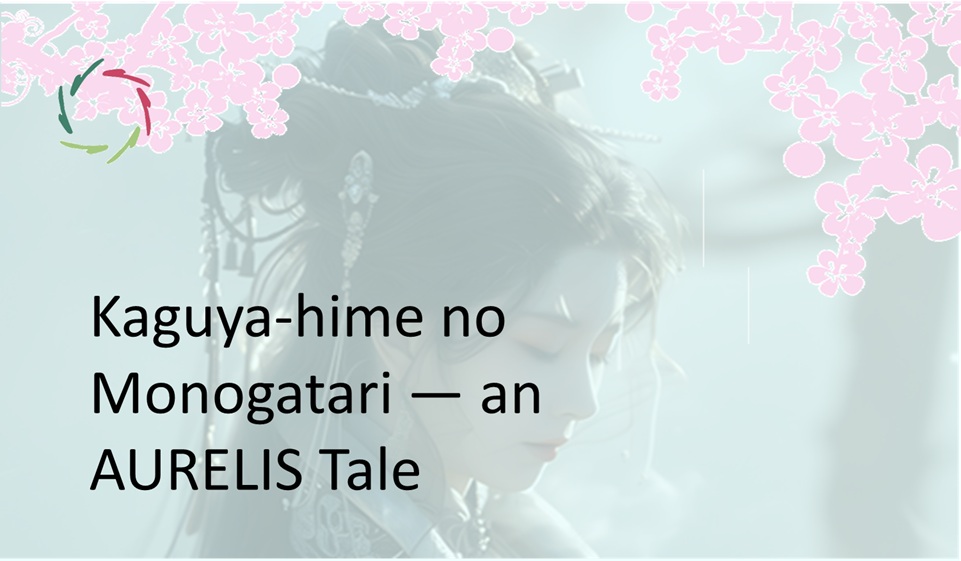Hikikomori

Since the late nineties, the phenomenon of hikikomori has hit Japan. The definition is a physical isolation for minimally six months (sometimes years or decades), active avoidance of any social interaction or commitment, and feelings of inadequacy or despondence.
According to Japanese government figures, there are presently around 1 million individuals living as hikikomori within Japan, with another 1.5 million on the verge of becoming so. Unfortunately, it has become even more prevalent amid the COVID pandemic. Men and women appear to be equally affected. In most cases, hikikomori abandon education and employment, burdening the Japanese economy considerably.
Increasingly, hikikomori also appear in other countries.
ひきこもり, literally ‘pulling inward, being confined’
Hikikomori is the term for the phenomenon as well as the sufferers. The phenomenon is described as similar to autism (Asperger), but also to depression or PTSD. Some think of obsessive-compulsive disorder, others of personality disorders, agoraphobia, ADD, or social anxiety disorder. Thus, is it everything and nothing at the same time? In most cases, hikikomori are not happy at all. They show intense psychological distress and angst, senselessness, guilt, and shame, with huge suffering for themselves and loved/loving ones.
Being a hikikomori is not the result of a conscious decision out of laziness.
I would call it a ‘bell jar’ phenomenon, a withdrawal in a safe but confined environment with all possibility to look around (Internet, since the nineties) but no real contact with the outside world.
The question is: Why the withdrawal?
There is probably no one explanation but several factors coming together. Still, it’s interesting to look for common factors.
An interesting (part of) ‘explanation’ points to the individual’s discovery of independent thinking and a sense of self that the current Japanese environment cannot accommodate. A ‘pressure-cooker’ educational and ensuing professional environment in which individuality gets slammed and social paradoxes are rife may be just too much for many, turning them upon themselves. The direct cause is frequently an exam, a broken relationship, or a reprimand. The tatemae or ‘public façade’ suddenly turns into a glassy one.
The profound happening may frequently be symbolic. Hikikomori is about being locked in one’s room, but perhaps even more in one’s mind, for which the room stands as a symbol. What happens inside the room stands for what happens inside the person. This makes that the situation’s power over the person can also be symbolically endless.
Management/therapy
In February 2021, Tetsushi Sakamoto has been appointed as the first Japanese minister of loneliness, showing the desperateness of the situation.
As therapy, pharmacology doesn’t seem to bring much consolation. Individual psychotherapy is currently stressed in research, primarily directed to cultivating consciously controlled self-confidence even though in other countries, such therapy has not shown consistently positive effects.
Apart from this, ‘hikikomori-drawer business’ consists of kidnapping and confinement elsewhere. Large sums are sometimes being paid for this with no guarantee of success.
The symbolic side is tackled by none of this.
AURELIS?
An AurelisOnLine domain is in the making. On top of this, coaching from the inside out is needed. In my view, trying to draw hikikomori out of their jar is frequently counter-productive if no additional coaching is provided.
The symbol of the glass jar can be used to guide the person toward feeling what is happening. Starting from there, for instance, the jar may become bigger, or one may imagine carrying it to another place, thus getting acquainted again to having more control from the inside out. The protection of the jar may be carried to new situations. After some time, the hikikomori may invite someone to pay a visit without breaking the glass. This can be something done together.
The glass jar may become a symbol of Inner Strength. Then it may become the Inner Strength itself. Then the glass may not be needed anymore. It becomes a spontaneous choice now and then, not a jail.
Lisa?
Lisa may particularly be of help since hikikomori do not need to leave their room to make contact, avoiding shameful situations towards the environment as well as feelings of shame towards Lisa ― being always openly a coaching chatbot and very friendly/Compassionate.
At the same time, Japan is culturally open to ‘companion robots’ much more than the West.
Hikikomori can mean a lot to society.
Again, the glass jar metaphor. With the necessary support, this may become so big and strong that it can protect many others in some deeply meaningful manner.
This way, the hikikomori can become a protector of deep values for all, like any warrior after dealing with one’s demons.


